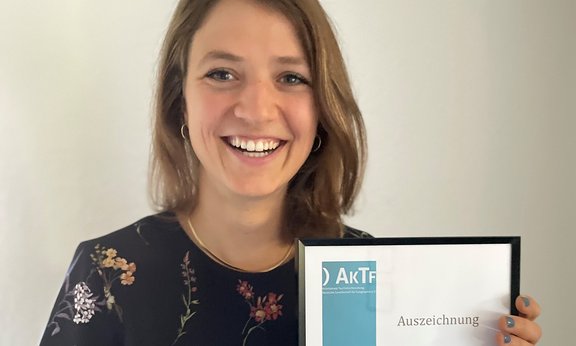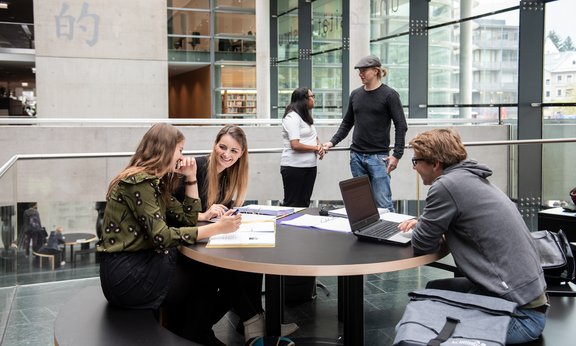Master’s Programme Sustainable Regional and Destination Development
Are you interested in the sustainable development of (tourism) regions, taking into account global developments?
Locality is a vital component for any economic activity and development. Other topics related to economic activities are urbanisation, clusters, infrastructure and mobility, among others. In many regions tourism is the driver of prosperity in the community. Successful regions require a clear development strategy, and destinations need clear branding.
These areas are complex and demand the involvement of local communities and the consideration of regional environmental factors as well as global developments. The students of this programme learn the methodological basics for implementing studies in this field..
Study code
UC 066 996
Application
The first admission takes place at the UMIT TIROL and the second admission takes place at the LFUI. Tuition fees are to be paid at the UMIT TIROL. More Information (in German) The study takes place in Landeck, Innsbruck and Hall.
FAQ
Graduates are able
- to independently acquire new scientific findings from regional and tourism research, assess them and apply them in practice.
- to involve stakeholders with divergent goals in strategic development processes and moderate between the opposing positions.
- to analyse actual situations at company, regional and national level and thus assess the respective development potential.
- to create organisational, technical and financial preconditions for the implementation of strategies and also to manage complex implementation processes operationally.
Graduates have subject-specific and content-related skills
- to analyse structures and processes in regions and destinations,
- to understand the role of the individual stakeholders and classify their interaction.
On this basis, they have the ability to define strategic goals in cooperation with the stakeholders and to start and control the necessary processes during implementation.
Graduates are well prepared for a high-level position in the management of tourist companies, in corporate organisations, in interest groups and consulting firms. Of course there are also fields of work in the public sector (regional management, spatial planning).
Graduates tracking: Shows which occupational fields students enter after graduation
Doctoral Programmes
More offers
Faculty of Economics and Statistics Examination Office Information for students with disabilities
Curriculum
From the field

Preis für beste Nachwuchsarbeit gewonnen
Myriam Zollner, Absolventin des Masterstudiums Nachhaltige Regional- und Destinationsentwicklung, hat im Juni bei der Jahrestagung 2023 des „Arbeitskreis Tourismusforschung in der Deutschen Gesellschaft für Geographie (DGfG) e.V.“ in Saarbrücken (D) den „Young Researcher Award“ für die beste Masterarbeit gewonnen.

Intensität des Kontakts zu Geflüchteten beeinflusst Wahlergebnis
2015 fand die Landtagswahl in Oberösterreich auf dem Höhepunkt der Flüchtlingskrise in Europa statt. Der Wirtschaftsforscher Andreas Steinmayr untersuchte in diesem Zusammenhang, wie sich die Präsenz von Geflüchteten auf die Stimmabgabe für rechtspopulistische Parteien auswirkt. Ergebnis: Wo Geflüchtete langfristig untergebracht waren, reduzierte sich der Stimmenanteil für die FPÖ.

Finanzprodukte: Warum wir Risiko falsch bewerten
In einem groß angelegten Experiment hat ein Forscherteam mit Beteiligung der Uni Innsbruck erhoben, wie Laien und Finanzexperten das Risiko von Finanzprodukten wahrnehmen. Ein Fazit: Die Forscher fordern mehr Information bei Finanzprodukten. Die Studie erschien kürzlich im Fachjournal „Management Science“.

Falsch Informierte zahlen mehr
Eine Innsbrucker Forschergruppe um Rudolf Kerschbamer hat, unterstützt vom Wissenschaftsfonds FWF, eine Feldstudie zur Frage durchgeführt, ob sich Kunden in einem Markt für Vertrauensgüter durch den Erwerb von online verfügbaren Informationen vor Betrügereien durch die Verkäufer schützen können. Als Beispiel diente der Markt für Computerreparaturen.

















